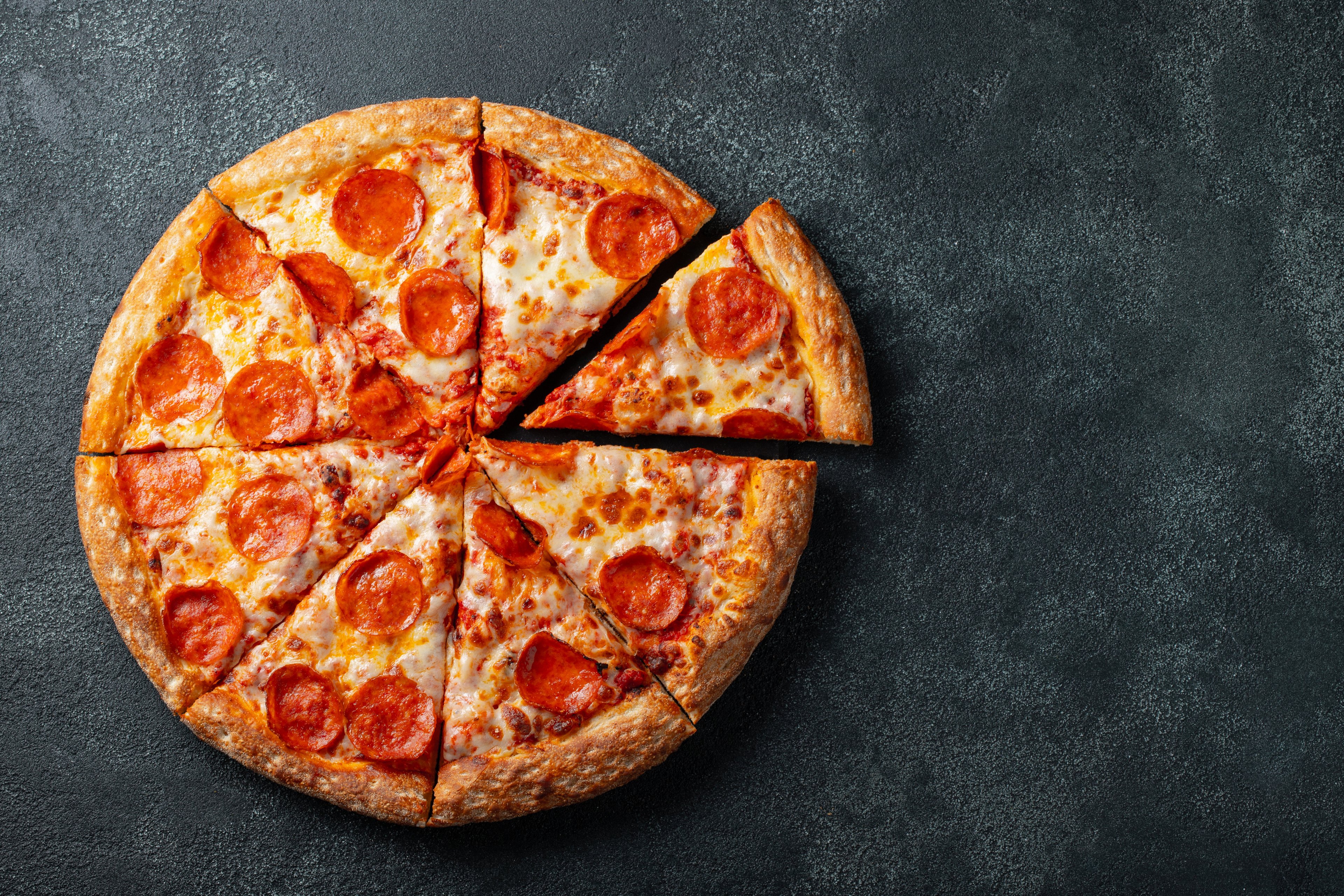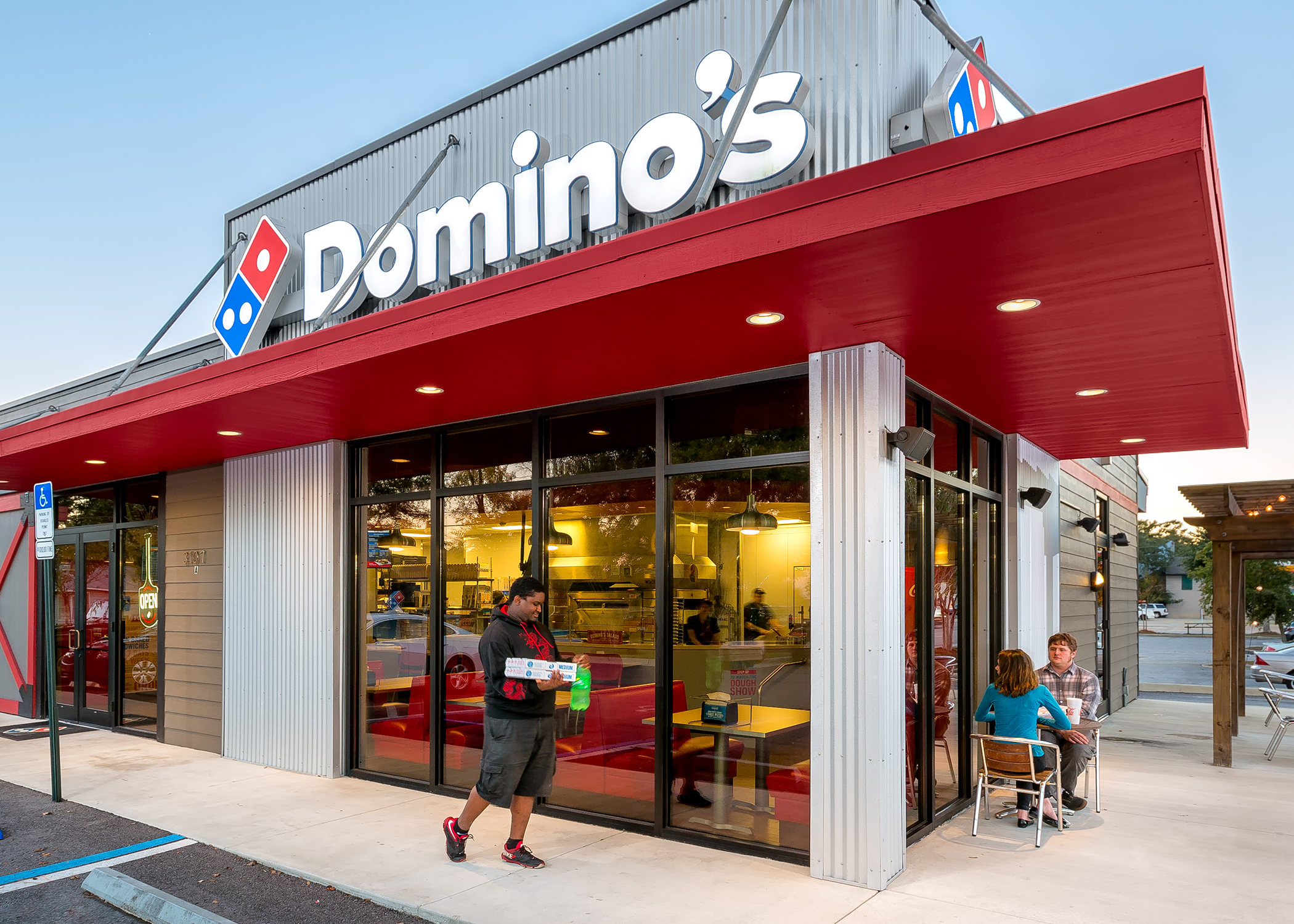This series, brought to you by Yahoo! Finance, looks at which upgrades and downgrades make sense, and which ones investors should act on. Today, our headlines feature dual upgrades for pizza makers Domino's (DPZ 3.09%) and Papa John's (PZZA 0.56%). Meanwhile, in the energy sector, Plug Power (PLUG 2.40%) gets hit by two downgrades all on its own. Let's dig in.
Pulling the plug
Shares of fuel cell pioneer Plug Power, up an astonishing 4,300% over the past year, are giving back a very small portion of these gains in early Friday trading. Plug reported Q4 results yesterday -- revenues up 38% year over year, but still losing money hand over fist, with a net loss of $0.28 per share for the last three months.
Responding to the mixed results, Cowen & Co. pulled its "outperform" rating on the stock and downgraded to "market perform." Mimicking the move, Roth Capital cut its own rating from "buy" to "neutral," arguing that the stock looks "fully valued" at today's prices, and carries some "infrastructure risk" if customers delay purchase of some of this year's expected 3,000 fuel cell system unit sales.
But in fact, I'd argue the stock is overvalued whether those sales happen or not. Priced today at an astonishing 29 times trailing sales (and "infinity" times its negative GAAP profits and negative free cash flow), Plug is a stock only worth owning if it eventually becomes capable of generating a profit for its shareholders. Most analysts are optimistic that such profitability can be achieved as early as 2015. But given that this company has reported nothing but GAAP losses and negative free cash flow for the past 17 years of its existence, and is expected to lose money again this year, I see little reason to believe that 2015 will be any different.
The analysts are right to downgrade it.
Domino's delivers an upgrade
And speaking of overpriced stocks... while not so egregiously overvalued as Plug Power, Domino's Pizza shares are no great bargain either. This makes it seem all the stranger to see Longbow Research upgrading the shares to "buy" this morning.
Priced just south of $80 a share today, Domino's shares will hit $99 by the end of the year, in Longbow's estimation. But unfortunately for shareholders, Longbow is dead wrong.
Domino's shares already cost a not-cheap 32 times earnings, after all. And while free cash flow at the company is strong -- $154 million over the past 12 months, versus $143 million in GAAP "earnings" -- the company's heavy debt load more than outweighs the advantages of its superior cash production.
Enterprise value-to-free cash flow at Domino's works out to a 38.5-times multiple, so viewed from that perspective, the stock's actually even more expensive than its P/E makes it look. And while the stock's projected growth rate of 15% is certainly respectable, it's not the kind of wildfire growth rate you'd need to see to justify a stock valuation this high.
In short, considering how overvalued Domino's shares already look, the chance of the stock gaining a further 24%, as Longbow is promising, looks vanishingly slim.
Better ingredients, worse value?
And finally, we come to Papa John's. Like Domino's, it's a pie priced for perfection, costing nearly 35 times earnings. Like Domino's, it's showing modest -- but not exceptional -- growth, with analysts predicting 15% earnings growth annually over the next five years. And like Domino's, it's liked by Longbow, which now has a "buy" rating on the stock.
But just like Domino's, Papa John's is overpriced, and Longbow is wrong to recommend it.
Right off the bat, you can probably see that 35 times earnings is too much to pay for 15% growth. The PEG ratio on this stock is well over two. And Papa John's doesn't even pay as decent a dividend as Domino's does (0.9% versus Domino's 1.3%).
Making the valuation picture even worse here is the fact that while Domino's generates slightly more free cash flow than it reports as "net income," the opposite is true at Papa John's. Free cash flow for the past year came to barely $50 million, versus nearly $70 million in reported income. Translation: For every $1 Papa John's claims to be "earning" under GAAP, it's actually producing less than $0.73 in real cash profit.
I calculate about a 47 times enterprise value-to-free cash flow valuation on the stock -- and about a zero percent chance of Papa John's shares hitting Longbow's $64 price target any time soon.
Rich Smith has no position in any stocks mentioned, and doesn't always agree with his fellow Fools. Case in point: The Motley Fool owns shares of Papa John's International.








